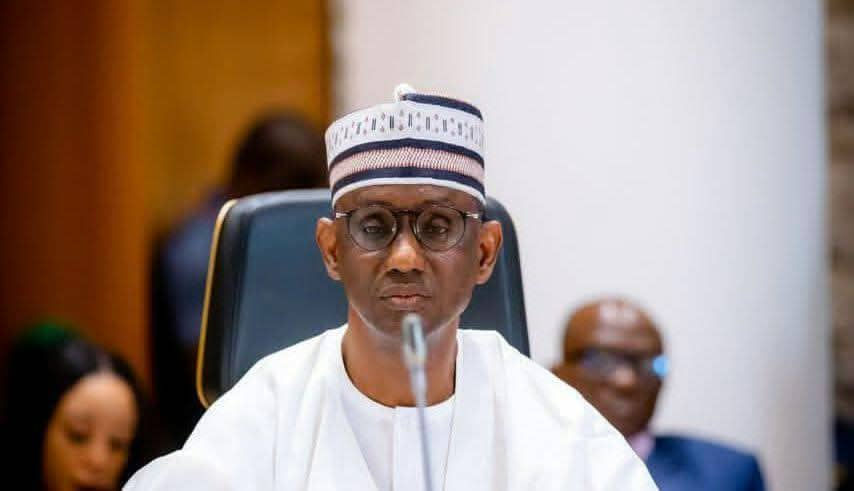After more than three decades, the Nigerian government is preparing to resume oil production in Ogoniland. This development was revealed by National Security Adviser (NSA) Nuhu Ribadu during a summit organized by the All Progressives Congress (APC) to commemorate President Bola Tinubu’s two years in office.
Ribadu attributed the decision to marked improvements in security across the Niger Delta. He pointed to a revamp of Operation Delta Safe, which he said has significantly curtailed oil theft, abductions, and pipeline vandalism. He also announced that Nigeria’s oil output is expected to hit 1.8 million barrels per day by 2025, with all regional pipelines now operational.
However, restarting operations in Ogoniland is fraught with challenges. The Ogoni people have repeatedly insisted that any resumption of oil activities must be contingent upon the creation of Bori State and full implementation of the Ogoni Bill of Rights. These demands reflect a longstanding call for autonomy, justice, and fair resource control in the region.
Tensions are already palpable. In February, a public congress in Bori was disrupted by protests, with demonstrators opposing Ribadu’s involvement and demanding the participation of the Movement for the Survival of the Ogoni People (MOSOP) in all negotiations.
Environmental concerns further complicate the government’s plans. Ogoniland remains deeply scarred by past oil activities, with over two million barrels of oil reportedly spilled between 1976 and 1991. Ongoing lawsuits against Shell over environmental degradation highlight the unresolved trauma and ecological damage that still affect the region.
As the government pushes forward, the move to restart oil extraction is expected to rekindle debates over environmental justice, economic development, and the rights of indigenous communities in the Niger Delta.




